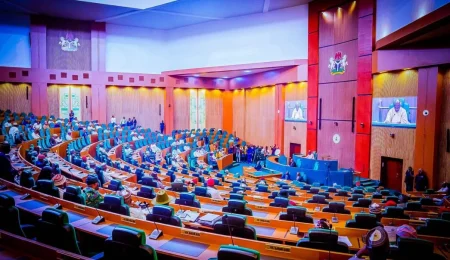Meta, the parent company of Facebook, Instagram, and WhatsApp, has announced a global ban on Russian state media outlets, including RT and Rossiya Segodnya, due to concerns that the outlets had used deceptive tactics to carry out covert influence operations online. This marks a significant escalation in Meta’s actions against Russian state media, which previously faced ad bans and reduced post reach. The move has been criticised by the Kremlin, with spokesman Dmitry Peskov condemning it as “selective actions against Russian media.”
“After careful consideration, we expanded our ongoing enforcement against Russian state media outlets. Rossiya Segodnya, RT and other related entities are now banned from our apps globally for foreign interference activity,” the social media company said in a written statement. Enforcement of the ban would roll out over the coming days, it said.
Kremlin spokesman Dmitry Peskov told reporters on Tuesday: “Meta is discrediting itself with these actions. Such selective actions against Russian media are unacceptable …This complicates prospects for normalising our relations with Meta.”
The ban follows ongoing tensions between Russia and Meta, especially after the company’s changes to its hate speech policy designed to allow users to vent their anger over Russia’s invasion of Ukraine. Russia had already blocked Instagram and Facebook, branding Meta an “extremist” organisation, though WhatsApp remains in use by millions in the country.
Russia has also criticised previous efforts by Meta to limit the reach of Russian media and fined the company several times for not removing content in Russia that it considers illegal. The pre-existing bans on Instagram and Facebook may limit Russia’s ability to respond to Meta’s state media block.
Meta’s decision comes on the heels of US actions, including money-laundering charges against RT employees linked to efforts to influence the 2024 U.S. election. US Secretary of State Antony Blinken suggested countries treat Russian state broadcasters like covert intelligence operations. Meanwhile, Russian platforms like VK Video continue to offer alternatives to YouTube, which has also been criticised in Russia for limiting Russian state media.
Meta expects further attempts by Russian state media to evade detection and continue deceptive activities.
Melissa Enoch
Follow us on:



